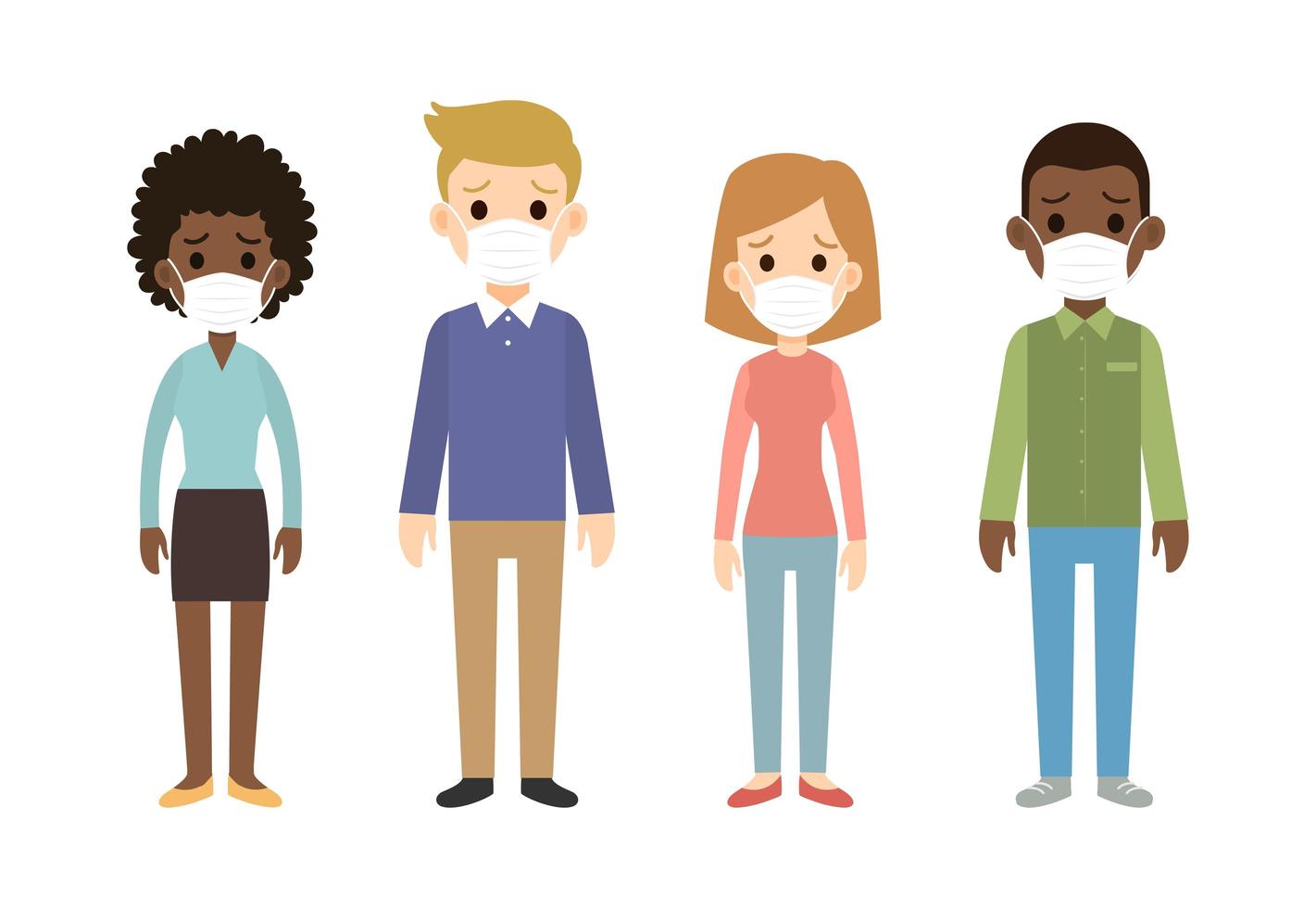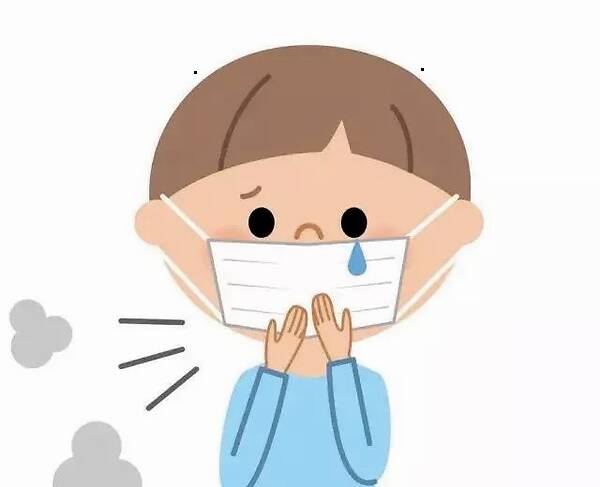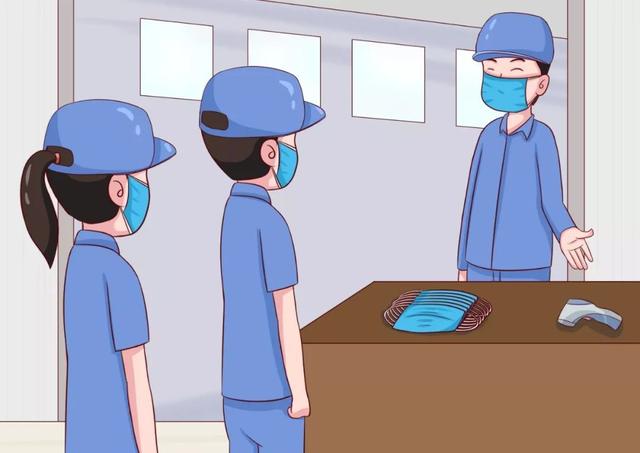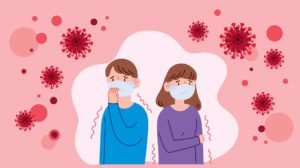Face Mask
A face mask is a protective covering worn over the nose and mouth to prevent the spread of germs, viruses, and other harmful particles. It is commonly used in medical settings, during outbreaks of infectious diseases, and in environments with poor air quality.
Types of Face Masks:
- Surgical Mask: A disposable mask designed to protect against large droplets, splashes, and sprays. It is commonly used by healthcare professionals.
- N95 Respirator: A tight-fitting mask that filters out at least 95% of airborne particles, including small aerosols. It offers higher protection than surgical masks.
- Cloth Mask: A reusable mask made from fabric, often used by the general public to reduce the spread of respiratory droplets.
- KN95 Mask: Similar to the N95, it is a Chinese standard mask that filters 95% of particles.
Uses of Face Masks:
- Healthcare: To protect healthcare workers and patients from infections.
- Public Health: To reduce the spread of respiratory illnesses like COVID-19, flu, and colds.
- Pollution: To protect against air pollution and allergens in urban areas.
How to Wear a Mask Properly:
- Wash your hands before putting on the mask.
- Ensure the mask covers your nose, mouth, and chin.
- Avoid touching the mask while wearing it.
- Replace or wash reusable masks regularly.
Face masks have become an essential tool in maintaining public health, especially during pandemics and in polluted environments.









